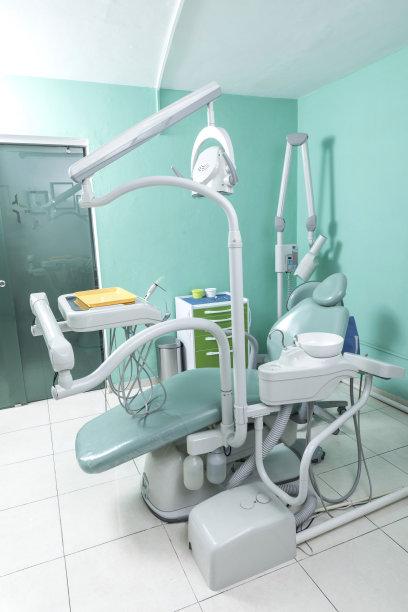The Importance of Extracting a Tooth for Your Dental Health and Overall Wellbeing Explained
Summary: Extracting a tooth might sound daunting, but this essential dental procedure has significant advantages for your overall health and well-being. This article delves into the importance of tooth extraction, covering when it is necessary, the benefits of the procedure, its impact on dental alignment, and the potential risks of leaving problematic teeth untreated. By understanding these aspects, readers can make informed decisions about their dental care, ultimately fostering better oral hygiene and enhanced quality of life.
1. When Is Tooth Extraction Necessary?

Tooth extraction is often regarded as a last resort in dental treatment, but certain situations warrant this decision. One common scenario is the presence of a tooth that is severely decayed or infected. If the damage is so extensive that a tooth cannot be saved with restorative treatments like fillings or crowns, extraction becomes crucial to prevent the spread of infection.
Another situation necessitating extraction is overcrowding. Sometimes, there simply isnt enough space in the mouth for all the teeth. This can lead to misalignment and bite issues, which may require orthodontic treatment. In such cases, removing one or more teeth, particularly the wisdom teeth, can help facilitate a healthier dental arrangement.
Additionally, advanced periodontal disease can also lead to tooth extraction. When gum disease progresses to a point where the supporting structures of the teeth are compromised, extracting the affected teeth can stop the progression of the disease and safeguard surrounding teeth.
2. Benefits of Tooth Extraction for Oral Health
One of the primary benefits of tooth extraction is the direct improvement in oral health. Removing problematic teeth can alleviate pain, discomfort, and the risk of repeated infections. Patients often experience immediate relief, enhancing their ability to eat, speak, and engage in their daily activities without discomfort.
Furthermore, the extraction procedure can help in maintaining the overall health of surrounding teeth. Keeping a problematic tooth can lead to additional dental issues, such as shifting teeth or further decay. By proactively extracting such teeth, individuals can prevent more severe dental complications that could arise later.
Also, tooth extraction plays a crucial role in preventing future dental problems. By removing a tooth that has the potential to cause crowding or misalignment, patients can create a favorable environment for the eruption and alignment of teeth that promote a more functional bite.
3. Impact on Dental Alignment and Aesthetics
Tooth extraction can significantly improve dental alignment, especially in patients undergoing orthodontic treatment. When there is overcrowding, orthodontists often recommend extracting certain teeth to create space, allowing remaining teeth to move into their correct positions over time.
Moreover, the aesthetic aspect is vital in tooth extraction situations. Keeping damaged or decaying teeth can negatively affect one’s smile. By removing such teeth, individuals can pave the way for restorative options like implants or bridges that not only restore functionality but also enhance the overall appearance of their smile.
Lastly, addressing alignment issues through extraction can lead to better overall oral hygiene. With more room in the mouth, patients can maintain a cleaner environment that reduces the risk of plaque buildup, gum disease, and additional tooth decay, thus contributing to long-term oral health success.
4. Risks of Avoiding Tooth Extraction
Ignoring the need for tooth extraction can have severe repercussions on a persons health. Procrastinating treatment can lead to advanced decay, which may not only compromise the affected tooth but can also impact neighboring teeth as the infection spreads.
Moreover, leaving an infected tooth untreated can result in systemic issues. Infections can enter the bloodstream, leading to serious health complications such as cardiovascular diseases and complicating existing medical conditions.
Finally, the presence of problematic teeth can lead to chronic pain and discomfort. Patients may find themselves avoiding certain foods or unable to enjoy meals shared with loved ones, ultimately affecting their quality of life. Therefore, having the wisdom to recognize when extraction is needed can save individuals from further distress and health risks.
Summary:
In conclusion, tooth extraction is a crucial procedure that can significantly impact both dental health and overall well-being. From alleviating pain to preventing future health risks, the benefits of extraction far outweigh the initial apprehension many feel about the process. As such, individuals should prioritize their oral health and consult with dental professionals to make informed decisions regarding tooth extraction.
This article is compiled by Vickong Dental and the content is for reference only.



